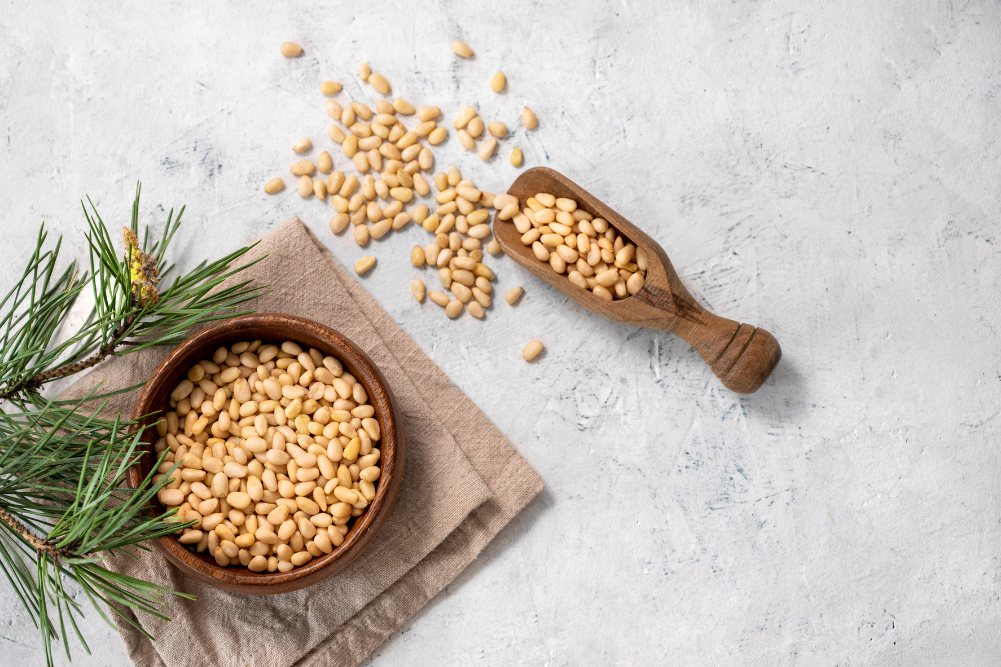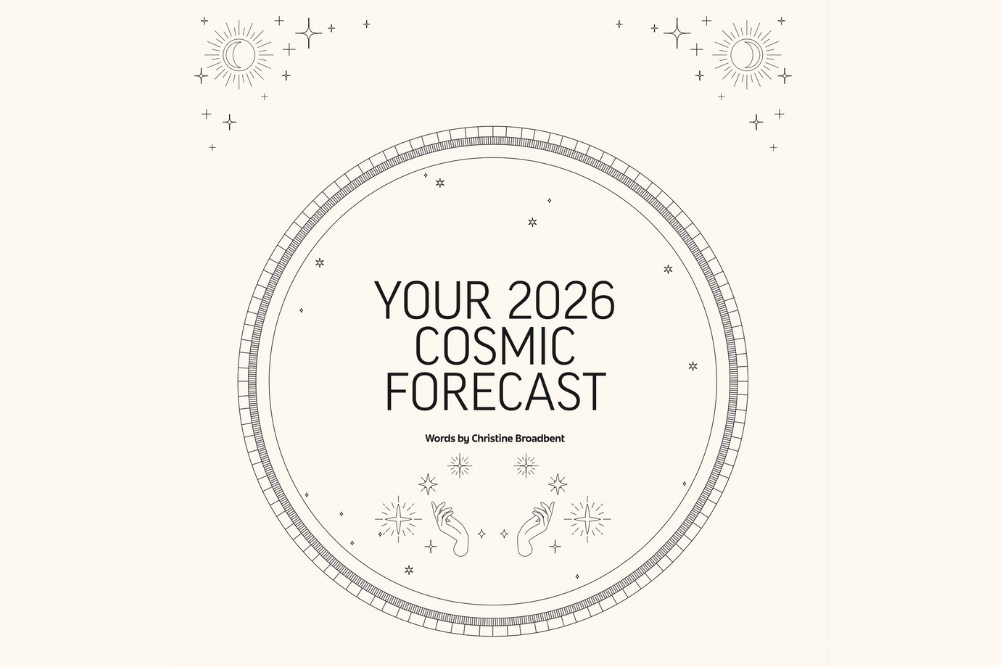What is Jyotish astrology?
Do you consider astrology a science that can accurately illuminate your deeper self? Jyotish or Vedic astrology, like yoga and Ayurveda, is a profound, ancient Vedic science, there to help you achieve self-realisation. Jyotish is one of the six Vedangas or holy limbs of the Veda, over 5000 years old. If the Vedas were a living being, Jyotish would be its eyes, without which it would be blinded to what lies ahead.
The central message of the Vedas, proclaims Vedic scholar David Frawley, is that the universe dwells within our own consciousness, extending beyond all time and space. Says Frawley, “We are the entire universe, which is the expression of our own deeper self.” The Jyotish eye sees you in the stars in a deeply personal way. It shines light on what’s in front of you, and can look back to where you’ve been.
A cultural framework
Jyotish is a complex form of astrology steeped in Indian thought, culture and philosophy. Like yoga, it has become a spiritual export, now available if you seek it. In India, Jyotish is engrained as a way of life. Children are named after the sun, moon and light — Ravi, Chandra and Jyothi — and birthdays are celebrated not on the same day each year but “when the astrological relationship between the sun/moon is the same as when you were born”, explains Dennis Flaherty, president of the Council of Vedic Astrology.
Jyoti is Hindi for “light” and Isha is “lord” or “god”. Jyotish was originally handed down orally through enlightened sages or rishis. Shri Yukteswar, guru of Paramahansa Yogananda (the author of Autobiography of a Yogi), was a great yogic astrologer.
Types of Jyotish
Of the five known styles of Jyotish, Parashari Jyotish is the most widely practised today. It Deals with natal astrology, relying on unique, individual birth charts and discovering correct birth times for interpretation. Nadi Jyotish, another form, is secretly guarded and carefully passed down within certain families of Indian astrologers. According to Hart deFouw and Robert Svoboda, authors of Light on Life, Nadi collections contain horoscopes of only those destined to receive them.
Sidereal & tropical astrology
Vedic astrology uses the sidereal zodiac of the fixed position of the stars. Western astrology uses a tropical version based on the vernal equinox. Neither is incorrect, but Vedic astrologers say their system is accurate, pointing out that the tropical system is now around 24 degrees out. This means that under this system a Vedic astrologer may change your sun sign to the previous sign.
The Jyotish eye … shines light on what’s in front of you, and can look back to where you’ve been.
In Vedic astrology, the ascendant or rising sign is of great importance, representing the physical body and material incarnation. Next is the moon — the mind and emotional nature — then the sun — the self, soul or rationality. The sun, moon, Mercury, Venus, Mars, Jupiter and Saturn are examined in your chart, plus the two lunar nodes: Rahu, the north node, and Ketu, the south node.
The grahas
In Jyotish the planets are seen as gods, an “expression of a cosmic intuition”, explains Frawley. They contain deeper meanings for the cosmic mind. In Sanskrit, a “planet” is a graha, meaning something that “grabs”, “holds” or “seizes” you. Frawley warns, “If we do not understand the energy of a planet within us, it will bind and lead us into sorrow and conflict.” Through inner enquiry, though, you reach the deeper spiritual purpose of Jyotish, transcending the planetary forces within.
Planetary doshas
Planets are like doshas, the biological humours in Ayurvedic medicine. When balanced, they sustain, and when out of balance, they wreak havoc.
The planets correspond to doshas as follows:
- Vata (air and ether): Saturn, Mercury, Rahu
- Pitta (fire and water): sun, Mars, Ketu
- Kapha (water and earth): moon, Venus, Jupiter
Mars, a hot planet, causes pitta disorders like fever and inflammation. In Ayurvedic astrology, Frawley says, “Its influences can be countered by cooling foods, cooling herbs, a cool climate and cool colours, as well as by special gems and mantras for the planet, adjusted according to the planetary periods and transits operative in the individual chart.” In this way, Ayurveda and yoga can be powerfully implemented alongside precise Jyotish timings.
Raja Perry, a Sydney-based Vedic astrologer, says, “Jyotish should be seen as a tool for self-knowledge. It will help you understand the influences of why you are the way you are.”
The therapies of light include gems, mantras (words of power), yantras (power diagrams), special rituals (pujas and yajnas), charity, counsel of the wise, meditation and other yogic methods.
Perry explains that Jyotish introduces you to your personal planetary energies and how each planet affects your psychology. He provides an example: “A person with a strong Mercury — speech, intelligence, communication, analytical personality — can also mean they may not be visionary or creative, so this person could [need to work on developing] more right-brained activities such as art, music, intuition. A Mercurial person is not likely to develop their intuition without this being pointed out to them.”
The karmic counsellor
Frawley asserts that a good astrologer can be best defined as a “karmic counsellor … guiding clients on how to better optimise their karmic potential in life, and helping them to understand their unique karmic code and how best to implement it”. Karma is often misunderstood as a kind of punishment, but is better explained as cause and effect. Some karmas are fixed while others are more easily remedied, and karmic law has its own timing: the effects can present during another incarnation.
Jyotish “helps rectify our karma relative to the deeper samskaras [imprints] that may be out of harmony with our planetary type and our soul’s level of manifestation”, explains Frawley. Flaherty adds that Jyotish “forecasts the onset of the karmas that have been allotted to us so that we may experience, and have gratitude for, the shuba [positive] karmas and experience, as well as ameliorate the papas [negative] which expands our consciousness.” He reminds that, “The goal is not to avoid our karmas, but to experience them in our consciousness, which grows our consciousness in our journey toward liberation and enlightenment. Otherwise what is the point of existence?”
The therapies of light are called Jyotish Chikitsa and include gems, mantras (words of power), yantras (power diagrams), special rituals (pujas and yajnas), charity, counsel of the wise, meditation and other yogic methods that counter the graha’s (planet’s) weaknesses from “gripping” you. These therapies lessen the influences of negative planetary combinations or imbalances in your chart. Frawley says, “They help strengthen the aura and immune system, and can remove negative karmic influences, negative thoughts and subtle environmental pollutants, like low-level radiation”.
Gemstones need to be flawless and Perry recommends the company Astral Gems to make your lifetime piece. After the herbal-infused talisman is made, you are advised on performing mantras and rituals over it at the most auspicious time before initially wearing the jewellery.
“Jyotish is a wonderful cosmic map of your reincarnation cycle towards enlightenment stage, for exploring and understanding your own psychology, challenges, gifts and where you can make the most of things.”
Yildiz Sethi, a Brisbane-based Vedic astrologer and author, is cautious when it comes to recommending therapies for general use. She says astro-remedies are special and not to be used lightly. Drawing on yogic principles of surrender, practice and detachment, you can transcend the planetary forces in your life. To gain the higher spiritual benefits of astro-remedies requires Jyotish support, sattvic (pure) intentions and one-pointed concentration.
Sethi is also a professional counsellor and family constellations facilitator and feels strongly about counselling as a part of the Vedic astrologer’s role of ahimsa or not doing harm. She says that most karmic situations can be improved upon but, if they can’t, it becomes about how easily you can accept your life.
A personal reading
A personal reading often begins with an invocation chant to Ganesh, Lord of Vedic astrology. A Vedic astrologer will have performed purification rituals prior to your reading and meditated on the information for intuitive insight.
You gain an education about Jyotish along the way, exploring what planets appear in what combinations in houses, transits, phases and timings for events that are crucial to your life path. You can ask to focus on something specific, such as love, career, health or your spiritual purpose.
Sethi says, “Jyotish is a wonderful cosmic map of your reincarnation cycle towards enlightenment stage, for exploring and understanding your own psychology, challenges, gifts and where you can make the most of things.”
What could Jyotish reveal about your chart and life? What could you learn about your unique karmic code and where you may be headed? How might the proper use of astro-remedies balance and harmonise you for the evolution of your soul, that which expresses the entire universe from within?








